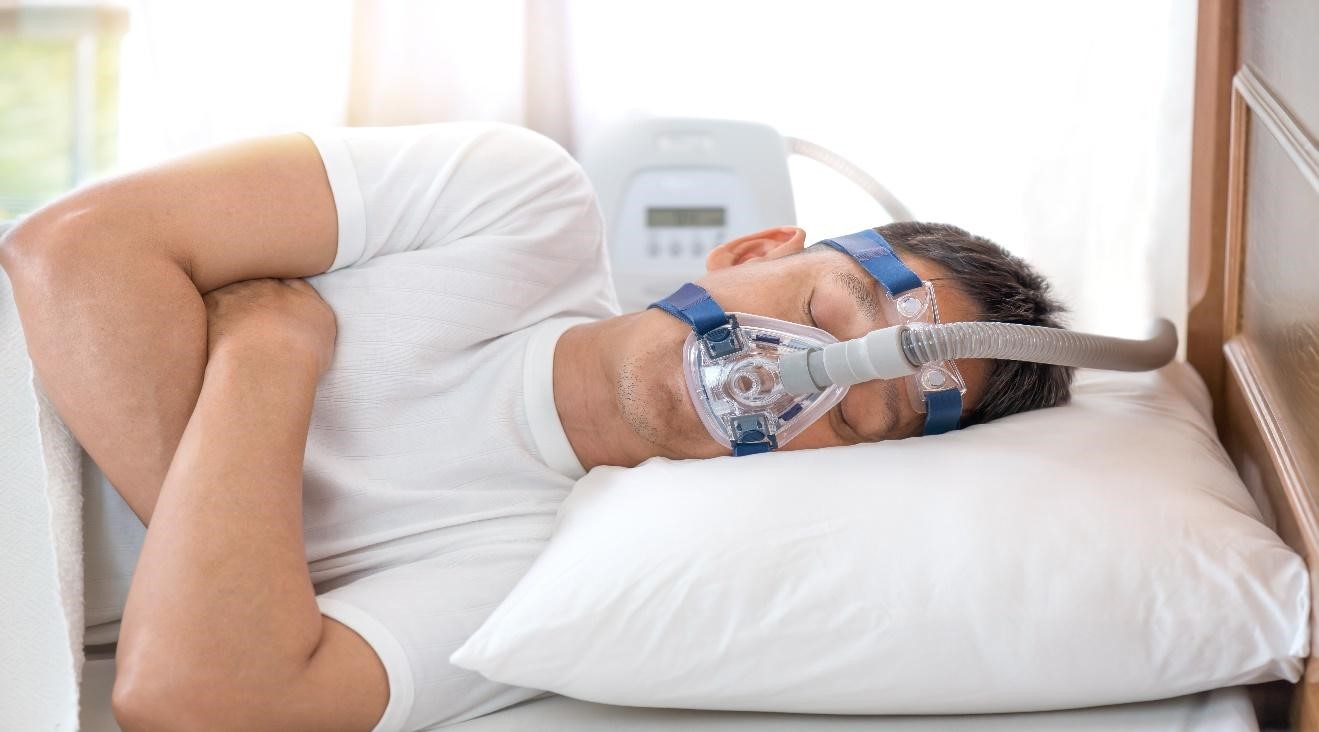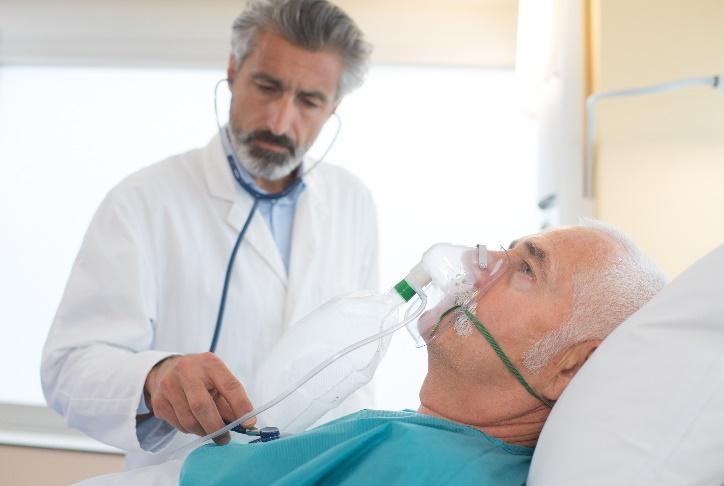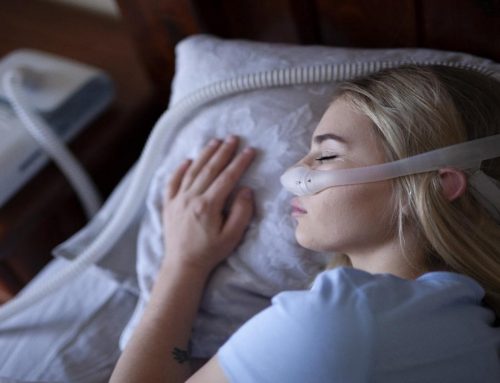Table of Contents
Sleep Apnea CPAP Myths
It is normal to have mixed feelings about starting CPAP therapy. Most individuals diagnosed with sleep apnea experience a mixture of relief and frustration when they hear they are required to treat their sleep condition by keeping a device by the bed and wearing a mask.
If you have sleep apnea, on the one hand, you may experience relief from eventually having a name for the condition causing your constellation of symptoms — and a plan for how to fix the sore throat, daytime drowsiness, headaches, concentration problems, brain fog, and other problems that can accompany untreated apnea. Beginning CPAP therapy can have an immediate positive effect on your sleep, energy level, and health.

On the other hand, wearing a CPAP mask every night for the rest of your life is a significant change to your comfort level and lifestyle. There is no way around the fact that you are bringing a durable medical device into the most intimate space in your home — your bedroom. The CPAP device takes up valuable real estate on your bedside table, and the tubes and masks are hard to hide.
For some individuals, adjusting to CPAP therapy is less about the physical comfort of the mask or the inconvenience of finding a spot for the machine. For some persons, adjusting to CPAP therapy is more about the emotional or mental side to admitting they have sleep apnea.
Confronting the fact that they want a machine to help them sleep can make some apnea sufferers feel self-conscious or embarrassed. Sleep apnea carries implications they prefer not to associate with themselves.
Here, we explore a few common sleep apnea conspiracies to using CPAP and provide counterpoints to show you how you can shift your perceptions and embrace your CPAP therapy.
Only Obese Persons Have Apnea
To some individuals, hearing they have sleep apnea is synonymous with being told they are overweight. The truth is, three forms of apnea exist: obstructive sleep apnea (OSA), central sleep apnea, and mixed sleep apnea.
While it is true that overweight or obese people are at higher risk for OSA because of the presence of fatty tissue in the throat area, you do not need to be heavy to have this sleep condition. Average-weight and thin persons experience apnea too. OSA can be caused by taking some medications, drinking alcohol before bed, smoking, or sleeping in certain positions.
It may even be outside your control. The structure of your nasal passages, jaw, or throat may make you more likely to develop apnea. You could also have extra tissue in your soft palate that obstructs the airway when you are asleep.
Keep in mind that not every type of sleep apnea is obstructive. Central sleep apnea is caused by the central nervous system failing to gesture your diaphragm to manage to breathe while you sleep. It has nothing to do with weight unless your weight has contributed to a more severe condition associated with central apnea (like heart failure or chronic kidney failure). Central sleep apnea can have neurological and other underlying medical causes or can be caused by medications or changes in altitude.
Using a CPAP Means I am Old
 The individuals at the highest risk for developing sleep apnea indeed are those over 40 (men more so than women). The rate is even more significant after age 60.
The individuals at the highest risk for developing sleep apnea indeed are those over 40 (men more so than women). The rate is even more significant after age 60.
Nevertheless, the average life expectancy of men and women in the United States is 79, according to the World Health Organization. If you start using CPAP at 40, you are not old — you are precisely middle-aged and in good company. The National Sleep Foundation estimates that more than 18 million American adults have obstructive sleep apnea.
Utilizing a CPAP may be a sign that you are aging, but it’s hardly proof that you’re ancient. In fact, you may feel and look younger when you begin therapy and start sleeping better. You will almost certainly be healthier.
If you are worried about looking or feeling old, think about how you look and feel in the morning after your worst night’s sleep. Now presume to experience that more nights than not.




 Shop
Shop



